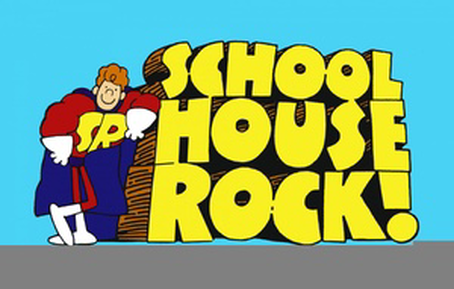A Dramatic Grammatic and A Drama-Rama
A Dramatic Grammatic Lesson (late elementary-early middle school): This is a lesson that is built on the poem found in "Blog with Me". It is entitled A Dramatic Grammatic and was born out of a challenge I gave myself; write a poem that is thought-provoking and teaches something that can be reinforced within the classroom as you learn about poetry (or visa-versa). Out came A Dramatic Grammatic. It is a poem that is conducive to discussion regarding "I" versus "we". The couplets are written with "seek and identify" in mind.
Skills: Vocabulary Building, learning about poetry, grammar and critical thinking, reading comprehension
Skills: Vocabulary Building, learning about poetry, grammar and critical thinking, reading comprehension
|
Let's start with the poem: Dramatic Grammatic I or thee? This punctuation signals quandary. Can the future truly depend upon me? Now and then, adverbs prove time and again. The future is indeed hampered by when. “This way or that way” our phrase of the day. Leaves the future in the midst of a fray. A smile upside down can be a noun, and Future’s adverb when feeling down. I or thee, when a single pronoun is key, might the future need it to be we? HINTS: Older students will catch the hints of examples of the parts of a sentence found within the poem's couplets. |
Vocabulary
couplet rhyme thee quandary hampered midst fray Required knowledge and definitions types of punctuation definition of an adverb definition of a phrase definition of a noun definition of a pronoun definition of an adjective definition of a verb |
Critical Thinking Prompts
Classwork Possibilities
|
And for the younger tots, the poem has been simplified:
|
A DRAMA-RAMA
Me or you, think about who Both are important in what you do Now or then think about when It really matters time and again My way or your way The words that you say Can turn smiles into frowns As they flip upside down Me or you? Is that the choice? It's time to listen to another voice. It says: leave out all the lonely "I"s For doing so is very, very wise! And just as one plus one equals two Try adding this: add "me" to "you". The answer will forever be Not me or you, but "W"-"E" |
For early elementary schoolers, the poem best encourages critical thinking, reading comprehension and practice with rhymes.
CLASSWORK
|
